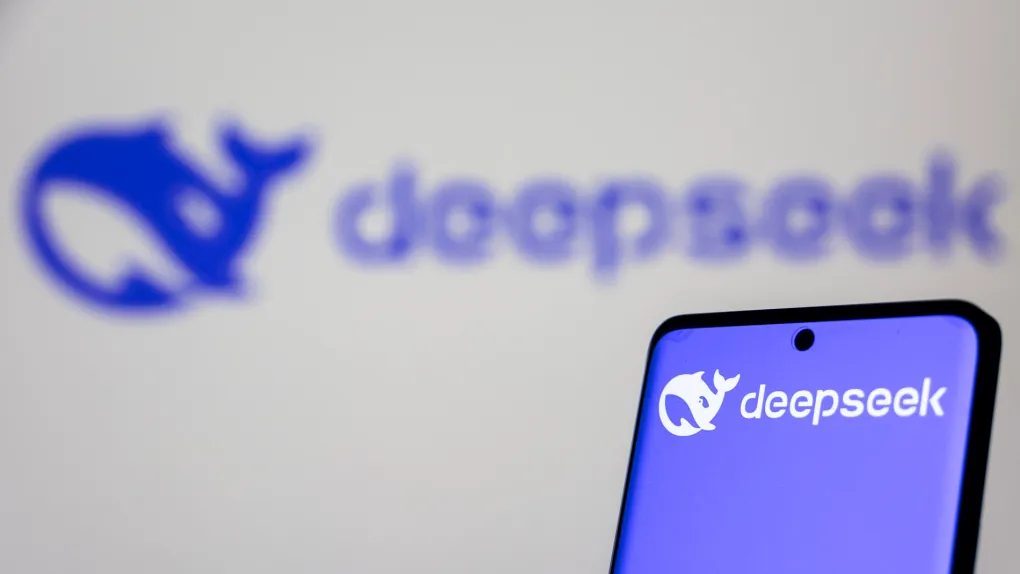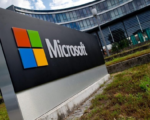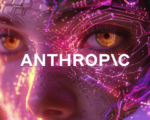Hugging Face has launched a new initiative to develop Open-R1, a fully open-source replication of the DeepSeek-R1 AI model. This move comes in response to last week’s release of DeepSeek-R1 by the Chinese AI firm DeepSeek, which made headlines for its advanced capabilities and potential to rival OpenAI’s cutting-edge models. While DeepSeek-R1 was made publicly available, it was not truly open-source, as crucial components like the training code and dataset were withheld. Hugging Face aims to bridge this gap by reconstructing these missing elements, ensuring a fully transparent and accessible alternative for the AI community.
Why Is Hugging Face Building Open-R1?
In a blog post, Hugging Face researchers outlined their motivation for replicating DeepSeek-R1. While the model’s architecture and weights were shared, key training assets were not disclosed, making it a “black-box” release. This means users can run the model locally, but they lack the necessary data and methods to recreate or modify it. By developing Open-R1, Hugging Face hopes to empower researchers and developers with a fully open framework, promoting transparency and collaborative AI advancements.
One of the critical missing pieces in DeepSeek-R1’s release is the dataset used for training, particularly in reasoning-specific tasks. Additionally, the training code that defines hyperparameters—essential for fine-tuning the model’s ability to process complex queries—remains undisclosed. Hugging Face’s initiative aims to reconstruct these elements, ensuring that developers can understand and improve upon the model rather than simply using it as a locked-down tool.
By working on Open-R1, Hugging Face is reinforcing its commitment to truly open AI development, countering the growing trend of AI models being released with limited transparency. If successful, this project could set a new standard for open-source AI, allowing researchers to study, improve, and build upon state-of-the-art models without restrictions. As AI development continues to accelerate, efforts like Open-R1 will be crucial in maintaining a balance between innovation and accessibility.


















